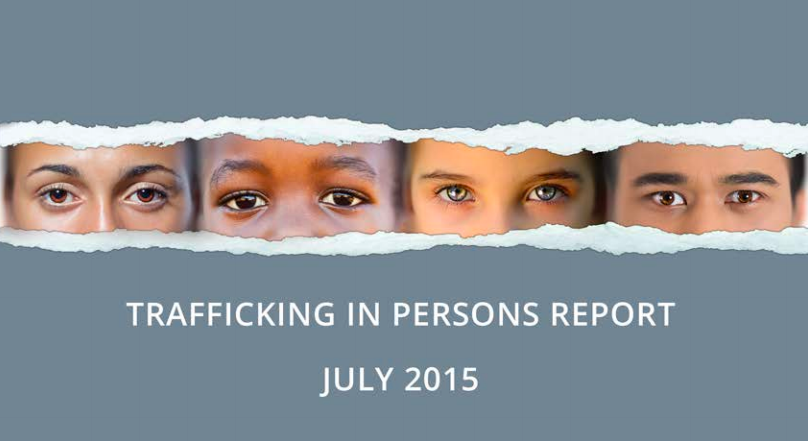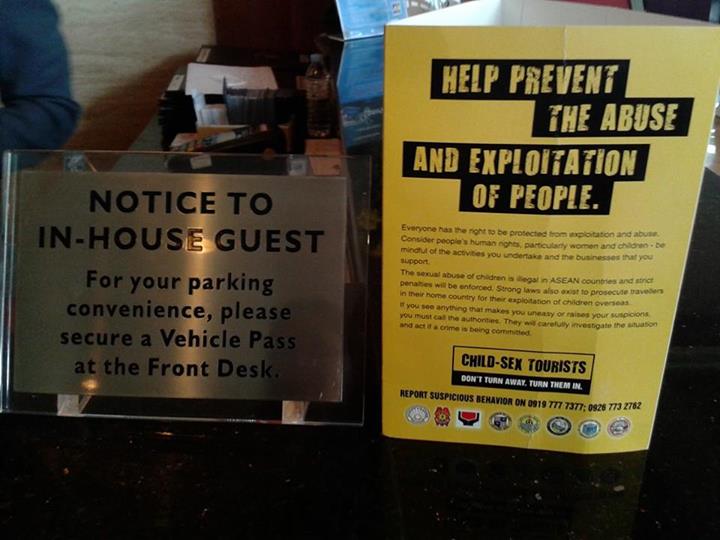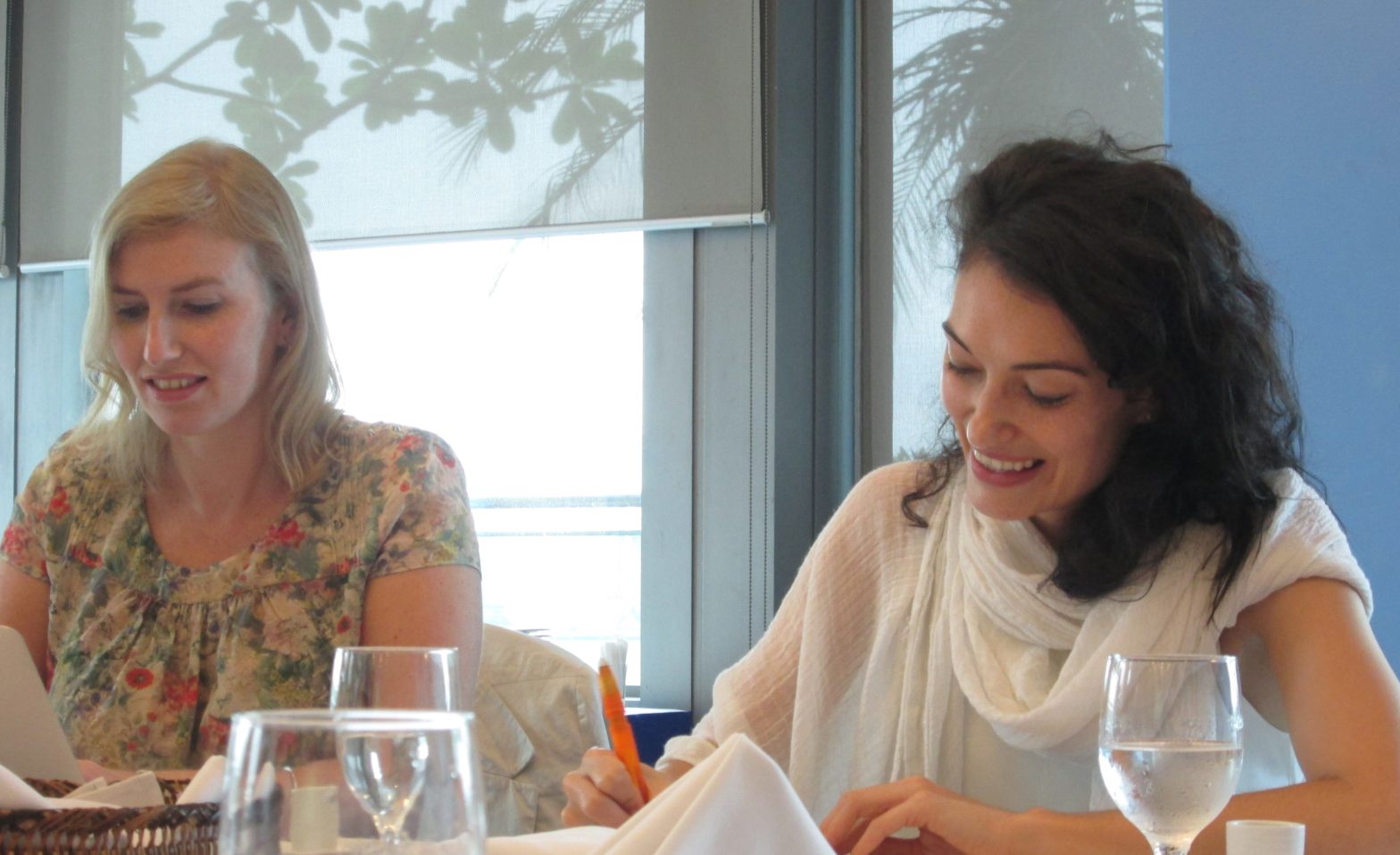By JAKE SORIANO
CITING reports that some public officials are “complicit in trafficking or allow traffickers to operate with impunity,” the United States Department of State has urged the Philippine government to prosecute, convict and stringently punish them.
“Reports assert some corrupt officials accept payments or sexual services from establishments notorious for trafficking, accept bribes to facilitate illegal departures for overseas workers, downgrade trafficking charges, or overlook unscrupulous labor recruiters,” the 2015 Trafficking in Persons (TIP) Report said.
“At times, police conduct indiscriminate or fake raids on commercial sex establishments to extort money from managers, clients and victims,” it further noted.
“Some personnel working at Philippine embassies abroad reportedly sexually harass victims of domestic servitude, withhold back wages procured for them, subject them to domestic servitude for a second time, or coerce sexual acts in exchange for government protection services,” the report said.
The report cited the pending cases of an embassy official in Kuwait, personnel in various embassies in the Middle East, and a diplomat and her spouse in Ottawa, Canada.
The Philippines maintained its Tier 2 rating in the latest TIP report, meaning the government does not fully comply with the minimum standards for the elimination of trafficking, but is making significant efforts to do so.
The country in 2003 enacted Republic Act No. 9208, its anti-trafficking law. This was amended in 2012 by R.A. 10364 which broadened the definition of trafficking, criminalize attempted trafficking, and remove the confidentiality protection extended to perpetrators.
A total of 158 convictions, covering 179 traffickers, have been recorded during the administration of President Benigno Aquino III, data from the Inter-agency Council Against Trafficking show. Ten traffickers have been convicted as of June 15.
“The government demonstrated increased law enforcement efforts,” the TIP Report said.
It added that the Philippines “continued to proactively identify and provide limited services to victims.”
A comprehensive number of the total number of trafficking victims was not available. Quoting IACAT figures, the report said there were 1,089 victims, of whom 741 were female, 95 male and 253 children.
“The government followed formal procedures to identify victims and refer them to official agencies or NGO facilities for care,” the report said.
“Victims were identified through rescue operations, screening at borders, reports to embassies abroad, and calls to the national antitrafficking help line, which referred 23 victims to assistance within the country, Malaysia, Jordan, and Lebanon,” it said.
Yet, a formal policy to safeguard victims who want to testify against traffickers remains lacking in the country.
“Although officials offered victim-witness protection against reprisals through a protection, security, and benefit program, the program failed to fully cover victims’ needs, and the lengthy approval process discouraged victims from applying for assistance,” the report said.
The TIP Report further noted that many Filipinos working overseas are victims of sex trafficking and forced labor, some lured through email and social media, with illegal recruiters using student, intern and exchange program visas to circumvent regulatory frameworks.
Some 10 million Filipinos, or one in every 10, migrate abroad.
Trafficking within the Philippines “remains a significant problem,” according to the TIP Report, claiming victims from impoverished or typhoon-stricken communities, and conflict-affected areas in Mindanao.
Among the areas in the country identified as destination points for sex and labor trafficking are Manila, Cebu, Angeles and urbanized cities in Mindanao, as well as tourist tourist destinations such Boracay, Olongapo, Puerto Galera, and Surigao.



